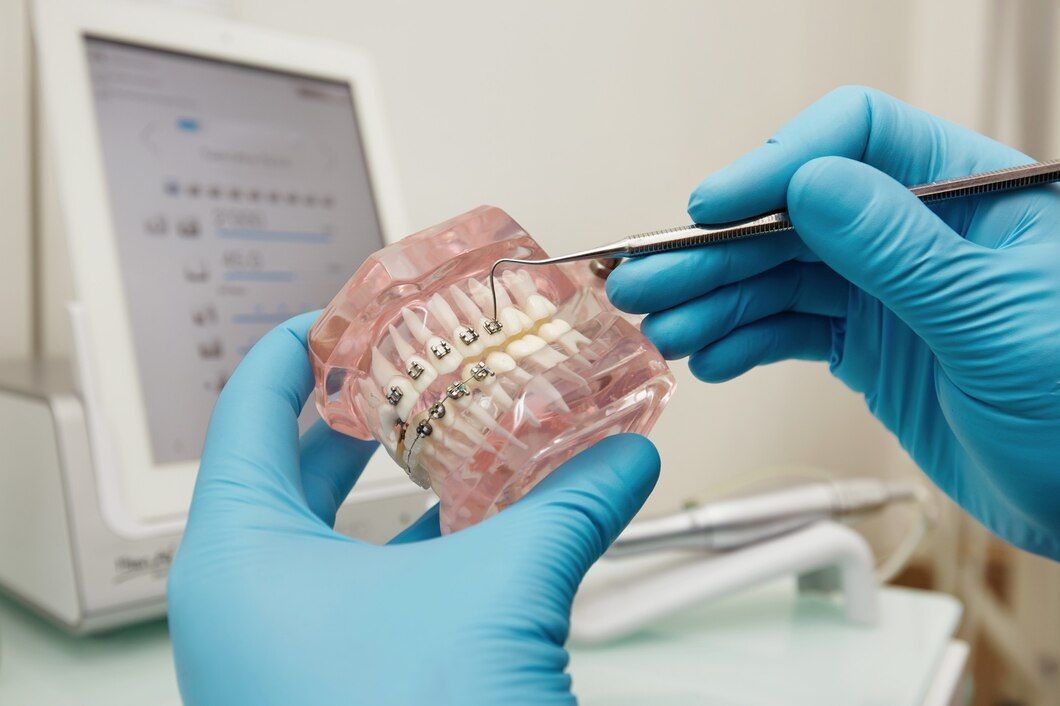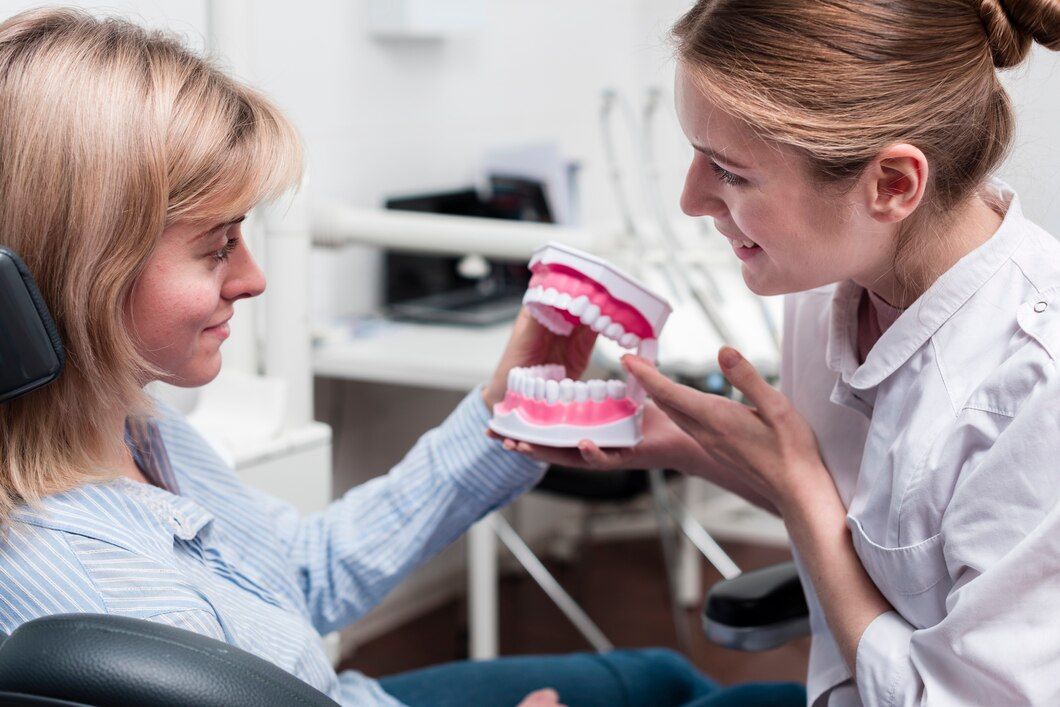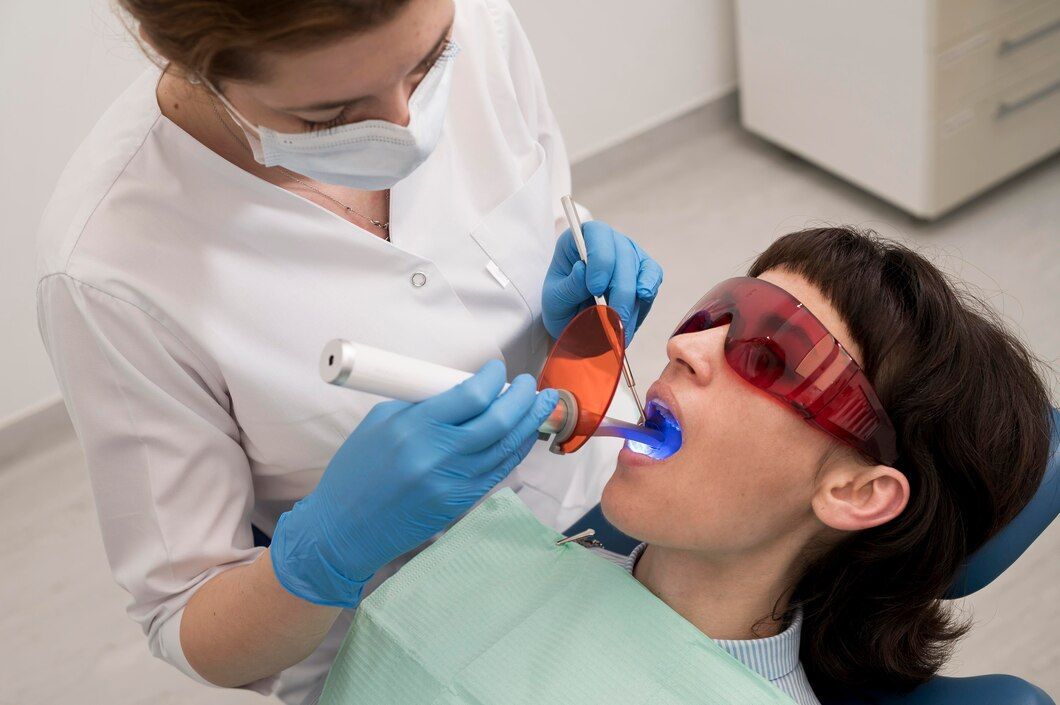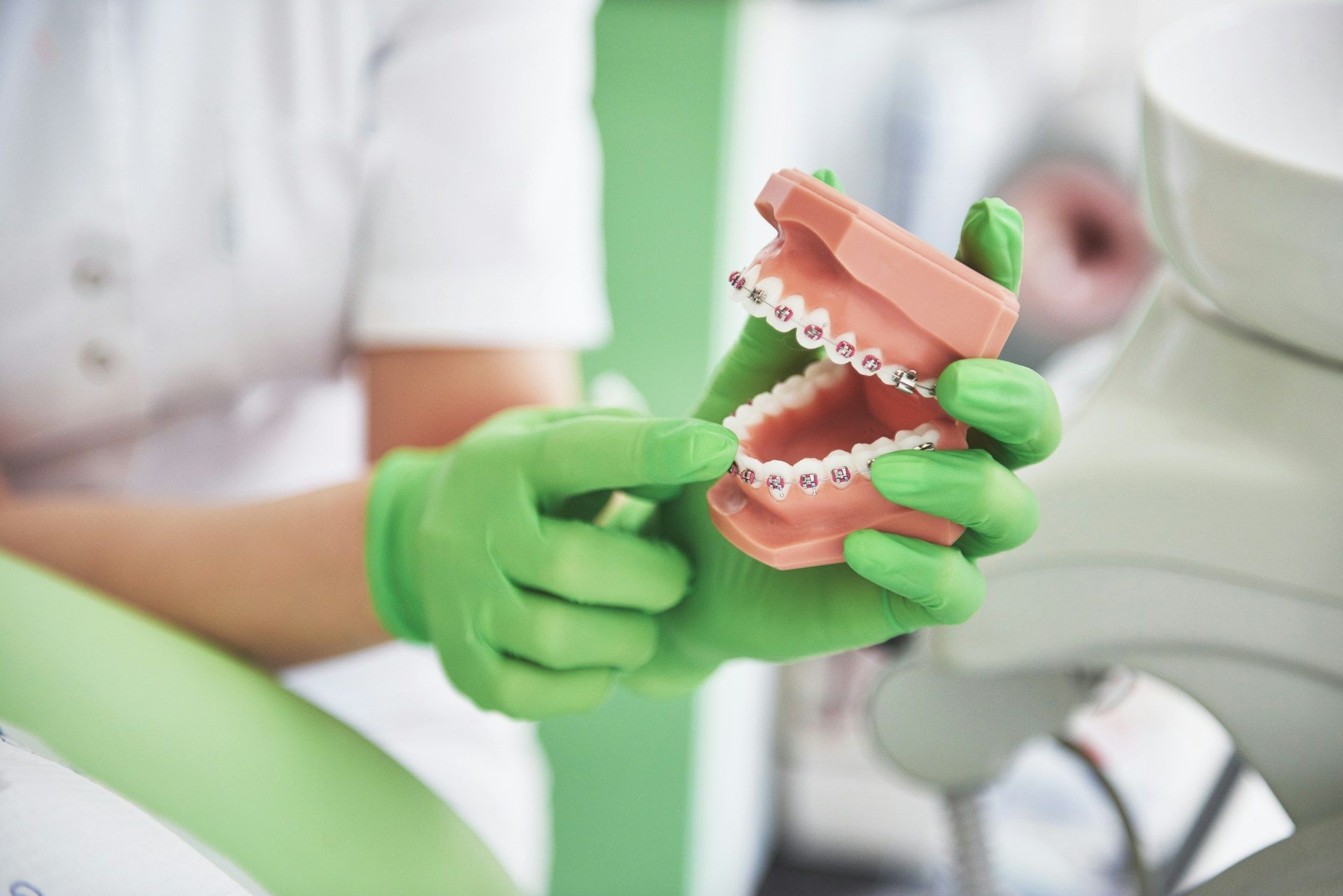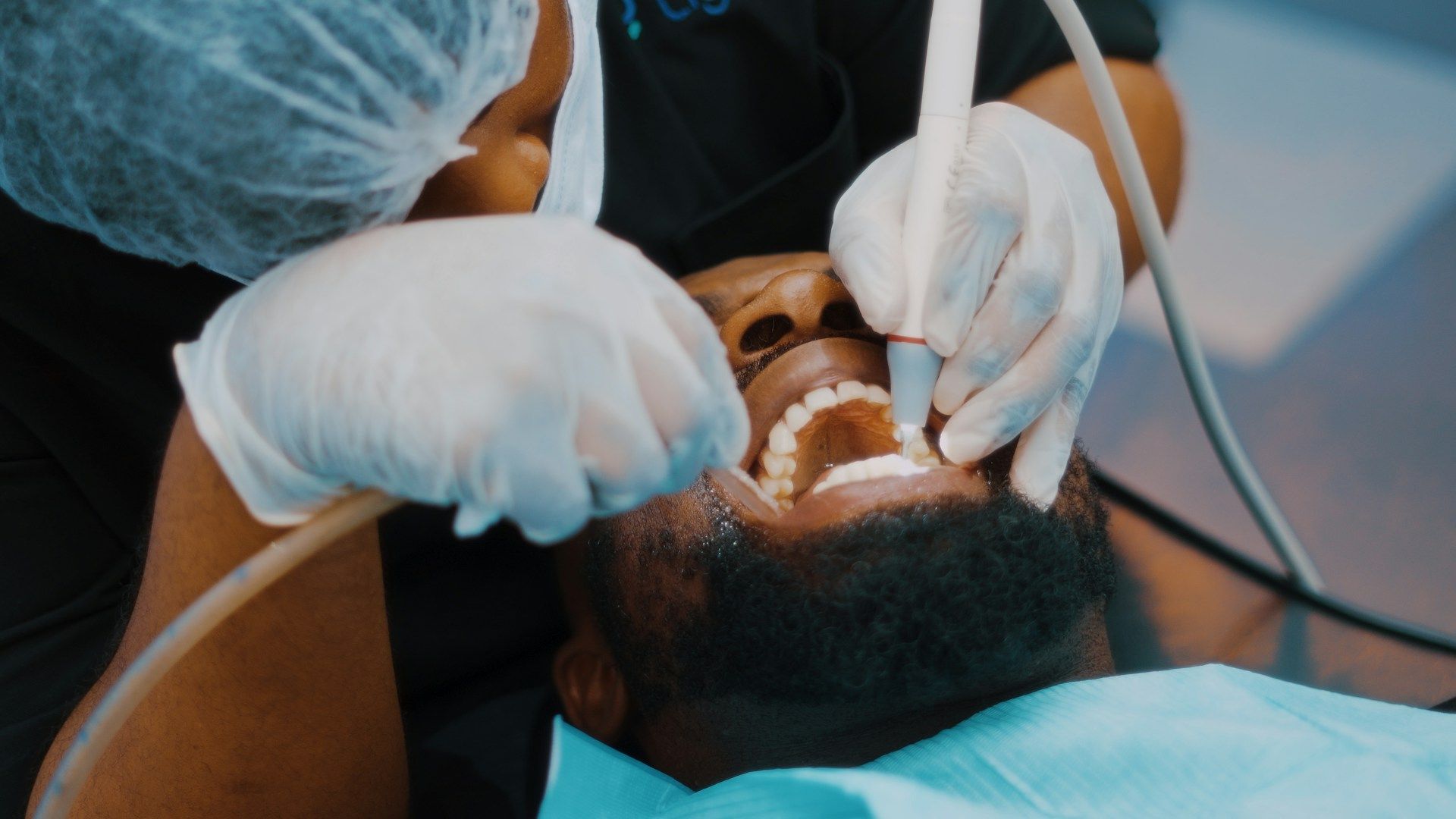The Peri-Implantitis Dilemma: Understanding, Prevention, and Treatment for Lasting Dental Implants
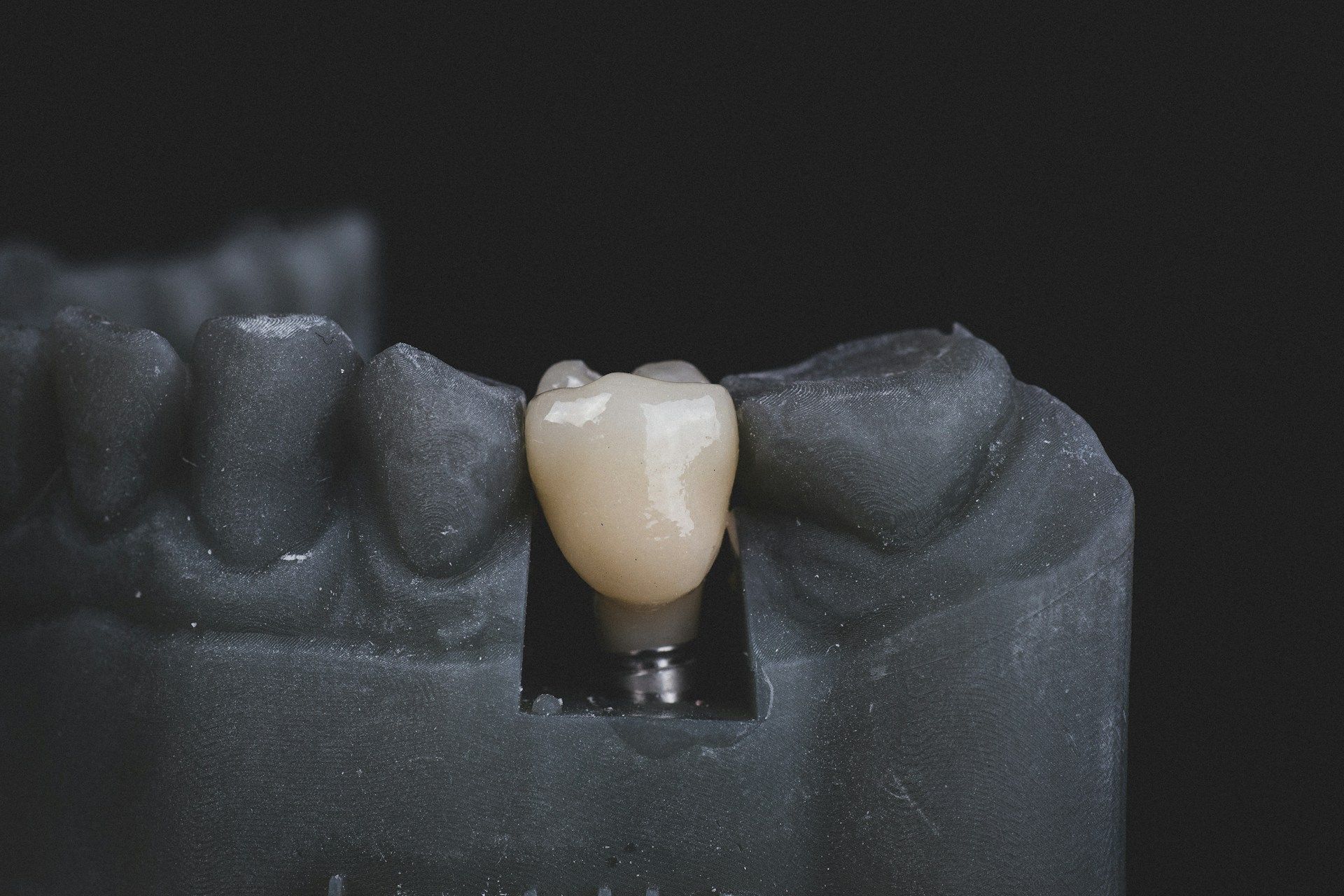
Dental implants have revolutionized the field of dental restorations, providing a long-lasting, natural-looking solution for patients with missing teeth. While dental implants boast a high success rate, there are occasional complications that can jeopardize the longevity of the implant. One such complication is peri-implantitis, an inflammatory condition surrounding the implant that can lead to bone loss and ultimately implant failure if left untreated. At Fort Collins Periodontics and Dental Implants, our mission is to provide exceptional care and education to our patients, equipping them with the knowledge they need to preserve the vitality and success of their dental implants.
Peri-implantitis can have several contributing factors, such as poor oral hygiene, untreated periodontal disease, and pre-existing health conditions that impair healing and immune response. Additionally, faulty implant placement and the usage of low-quality implants can also increase the risk of peri-implantitis. As a patient equipped with dental implants, understanding peri-implantitis, its causes, and available treatments is crucial in maintaining the longevity of your dental restoration.
In this insightful blog post, we will discuss the nature of peri-implantitis and its significant implications on the success of dental implants. Furthermore, we will outline essential preventive measures and treatment options to address this inflammatory condition and ensure the lasting success of your dental restoration. At Fort Collins Periodontics and Dental Implants, our highly trained and dedicated team is committed to working closely with you to develop customized care plans that prioritize the health and longevity of your dental implants.
1. Understanding Peri-Implantitis: A Threat to Dental Implant Success
Peri-implantitis is a bacterial infection that affects the soft and hard tissues surrounding dental implants. It is marked by inflammation, bleeding, and mucosal swelling at the implant site, leading to a progressive loss of supporting bone. When left untreated, peri-implantitis can ultimately cause implant failure and necessitate its removal. It is crucial to recognize the signs of peri-implantitis to ensure timely intervention and protect the integrity of your dental implants.
2. Contributing Factors and Causes of Peri-Implantitis
To effectively guard against peri-implantitis, it is essential to recognize the various factors and causes that contribute to its development. Some of the principal causes of peri-implantitis include:
A. Poor Oral Hygiene
Inadequate oral hygiene practices can lead to plaque and bacterial buildup around the implant, increasing the risk of peri-implantitis.
B. Periodontal Disease
Untreated gum disease can progress to the area surrounding the dental implant, increasing the likelihood of peri-implantitis development.
C. Smoking
Smoking has been shown to impair healing and increase the risk of peri-implantitis, as well as negatively impacting general oral health.
D. Pre-existing Health Conditions
Diabetes, autoimmune disorders, and other conditions that affect the body's healing process and immune response can contribute to peri-implantitis susceptibility.
E. Faulty Implant Placement or Low-Quality Implants
Improperly placed implants, low-quality materials, or inadequate implant components can lead to biomechanical complications that increase the likelihood of peri-implantitis.
3. Prevention Strategies for Peri-Implantitis
Implementing effective prevention strategies is critical in protecting the longevity of your dental implants and minimizing the risk of peri-implantitis. Some preventive measures include:
A. Maintain Meticulous Oral Hygiene
To keep your dental implant and surrounding tissues healthy, practice excellent oral hygiene by brushing twice daily, flossing daily, and using antimicrobial mouthwashes as recommended by your dental team. Dental professionals may also recommend specialized tools such as interdental brushes for efficient cleaning around the implant.
B. Regular Dental Checkups
Schedule regular dental checkups and professional cleanings to ensure early detection and treatment of any potential issues, including signs of peri-implantitis.
C. Prioritize Periodontal Health
If you have a history of periodontal disease, work closely with your dental team to develop a customized oral care plan to manage and prevent future occurrences. Promptly addressing any signs of gum disease can significantly reduce the risk of peri-implantitis.
D. Manage Health Conditions
For patients with diabetes or other medical conditions that can influence peri-implantitis risk, proper management of these conditions is vital to improve overall dental implant success.
E. Choose a Reputable Dental Provider
Ensure your dental implant is placed by a qualified and experienced dental provider, as proper implant placement and high-quality materials are crucial for long-term success.
4. Treatment Options for Peri-Implantitis
If peri-implantitis is detected, a range of treatment options may be recommended by your dental team based on the severity and progression of the condition:
A. Non-surgical Treatments
In the early stages of peri-implantitis, non-surgical treatments such as professional cleanings, antimicrobial mouthwashes, and antibiotics may be effective in arresting the infection and preventing further bone loss.
B. Surgical Intervention
In more severe or progressed cases of peri-implantitis, surgical intervention may be required to remove infected tissue and decontaminate the implant surface. Depending on the degree of bone loss, regenerative procedures such as bone grafting or guided tissue regeneration may also be necessary to restore lost support.
C. Implant Replacement or Removal
In cases where peri-implantitis has compromised the integrity of the dental implant and surrounding bone, it may be necessary to remove or replace the affected implant. This choice depends on various factors, including the patient's overall health, remaining bone structure, and clinical judgment.
Conclusion
Peri-implantitis is a significant concern for dental implant patients and requires vigilant prevention strategies and prompt intervention to ensure lasting implant success. By understanding the causes, prevention measures, and available treatments for peri-implantitis, you can enjoy the lifelong benefits of your dental restoration and safeguard your oral health. At Fort Collins Periodontics and Dental Implants, our team of dedicated professionals is committed to providing comprehensive care and personalized guidance tailored to your unique needs. Schedule an appointment for
dental implants in Colorado to discuss your concerns and embark on a path toward optimal periodontal health.

Working Hours
Tue - Thu: 8:00 am - 5:00 pm
Friday: 8:00 am - 2:00 pm
Sat - Sun: Closed
Monday: Closed

